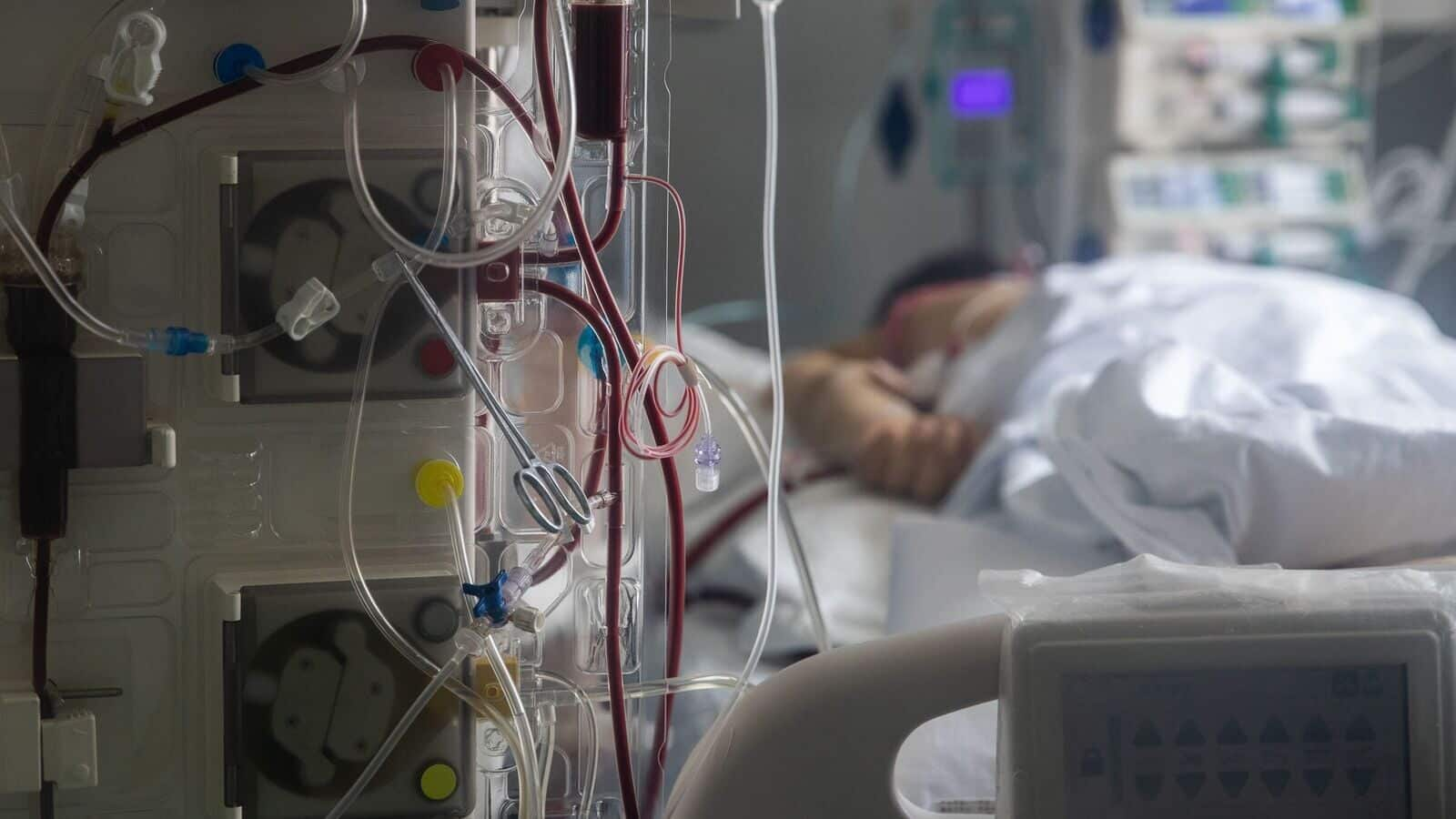
Rajasthan woman dies of Congo fever: Symptoms, prevention explained
What's the story
A 51-year-old woman from Jodhpur, Rajasthan has died after contracting the Crimean-Congo Hemorrhagic Fever (CCHF), popularly known as Congo fever.
She was undergoing treatment at NHL Municipal Medical College in Ahmedabad when she succumbed to the disease.
Pune's National Institute of Virology confirmed her infection after strains of the disease were detected in her blood sample.
Preventive measures
State health department issues guidelines post-Congo fever death
After the woman died, Rajasthan's medical and health department has sent guidelines to all private and government medical institutions. The purpose is to stop the further spread of Congo fever and protect against it.
Public Health Director Dr Ravi Prakash Mathur said a rapid response team has been sent to Jodhpur on the orders of the Chief Medical and Health Officer.
Disease control
Rapid response team deployed to trace suspected cases
The rapid response team's main job is to detect suspected and symptomatic patients in the affected area and ensure their isolation.
"The Chief Medical and Health Officer of Jodhpur has been instructed to prevent the infection by sending a rapid response team to the affected area," Mathur said.
Further, the Animal Husbandry Department has been asked to take necessary measures to prevent/control this zoonotic viral disease, transmitted through tick bites.
Disease symptoms
WHO outlines symptoms of Congo fever
The World Health Organization (WHO) describes Congo fever as a viral disease usually transmitted by ticks. It can also be contracted through contact with viraemic animal tissues during and immediately post-slaughter of animals.
Symptoms include fever, muscle ache, dizziness, neck pain and stiffness, backache, headache, sore eyes and sensitivity to light. These may be followed by nausea, vomiting, diarrhea, abdominal pain and sore throat early on.
Disease progression
Mood swings, confusion may follow initial Congo fever symptoms
The WHO further states that initial symptoms of Congo fever may be followed by sharp mood swings and confusion.
After two to four days, patients may experience sleepiness, depression and lassitude.
The guidelines issued by Rajasthan's health department instruct that if anyone shows these symptoms, a blood sample should be taken immediately for examination.